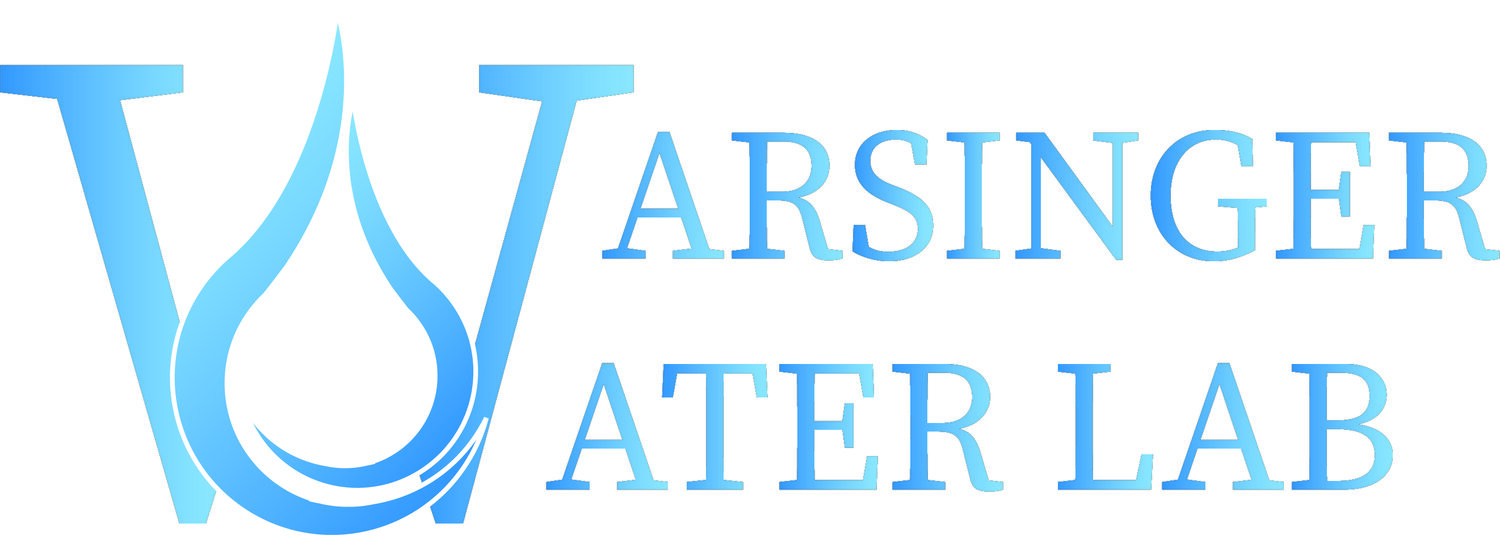Most researchers fail to choose good reviewers who can provide prompt, well-informed, and thorough evaluations of your work. I’ve listed below some suggestions for reviewer selection based on my experience as a manuscript submitter, reviewer, and serving as an editor.
DO’s
Suggested reviewers should:
be from multiple closely related fields to provide diverse perspectives
have published on related topics in the last 3-5 years
have published in the chosen journal, or lower IF but related ones, often.
be a sufficient expert on the topic. e.g. no more junior than a student doing a PhD on the topic. You can include some more junior folk or those in industry, but the norm is for most suggested reviewers to have their doctorate already. Young assistant Profs tend to be great options.
be authors of relevant work that you cite sufficiently in the manuscript
Include a large number of options (e.g. 6+, as most usually decline).
Include researcher’s who list the topic as a key area on their google scholar’s (example)
have awards for “Excellence in Review” in said journal or related ones. (example). ACS, ASME, and MDPI are good about these recognitions.
DON’T’s
Don’t suggest reviewers who:
are from your current institution
have published with you in the last 3* years (*years may vary, but exceptions can be made for niche topics. Rules may vary by journal)
are all from the same country
lack sufficient expertise or current work on your specific topic
are retired or otherwise no longer as research active
be too likely to agree with you without thinking critically
Are so famous that they likely are too inundated with reviews to take an interest in your manuscript. For such scholars, odds are better if it’s a high IF journal or you know they have current mentees with Thesis on the topic. Even as an assistant Prof I get several review requests per week!
Other don’t’s:
don’t submit manuscripts that are highly disparaging, dismissive, etc of other authors- the reviews may be harsh if those authors do review!
Fail to cite reviewers whose work is foundational to your topic. One should especially cite work that was the origin for ideas, and the most recent work
don’t forget that English-native reviewers will be more likely to be harsh towards work written by non-native speakers
Other comments:
Trouble finding appropriate reviewers is a major challenge for many papers, causing delays, and often, desk rejections by the editor when insufficient reviewers are found. There are also ways to find out if some folk in your field are particularly bad reviewers, by looking at their stats when you serve as guest editor for a journal. For example, some folk may have a very high rate of accepting reviews and not doing them, or simply having very high rejection rates. Notably, it can be okay to suggest acquaintances as reviewers, as researchers tend to meet the most relevant folk. Labs should keep running lists of potential reviewers for topics they work on- share your suggestions with your lab!
